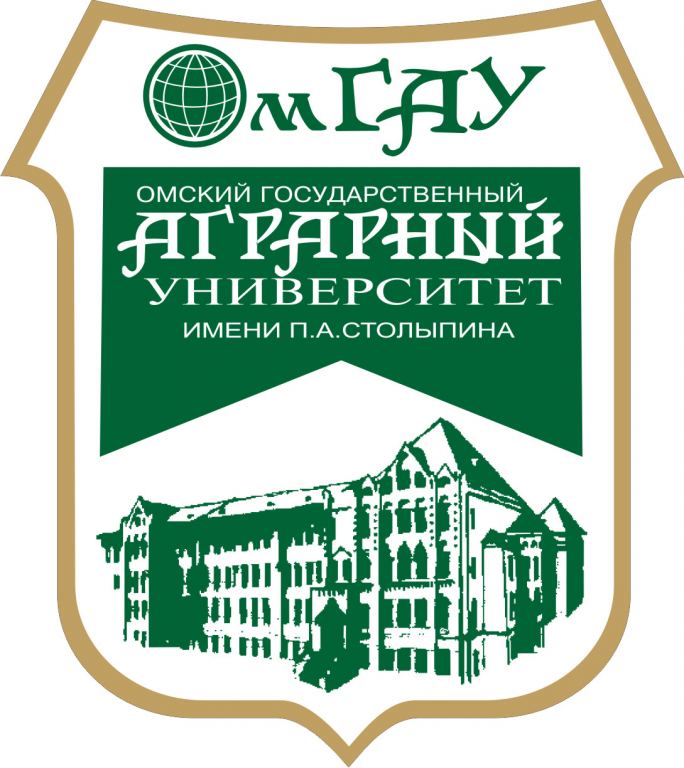July 19 - 20, 2017, for the first time in the history of Omsk State Agrarian University (member of Omsky Biocluster), OmSAU was visited by scientists in the field of breeding and genetics of wheat from the Republic of South Africa and Australia - Stefan de Groot, selector of the selective seed Sensako, Bethlehem (South Africa) and Yuri Shavrukov, senior researcher at the University of Flindres, Adelaide (Australia). The objectives of the visit are to strengthen international scientific ties and discuss plans for further joint scientific and grant activities.
On the first day of the visit, guests met with Vice-Rector for Science OmSAU Vitaly Aleshchenko. The guests visited a small experimental field, the laboratory of selection and seed production of field crops of OmSAU. Professor Vladimir Shamanin with the assistant professor of the department of agronomy, breeding and seed production Inna Pototskaya told foreign guests about the features of the breeding process, genetic studies with wheat synthetics, varieties cultivated in the regions of the Russian Federation, and the main achievements of spring wheat breeding in OmSAU.
The next day, foreign guests evaluated the selection material in the nurseries of the preliminary and competitive variety testing in detail and visited the XV Siberian Agrotechnical Exhibition 'AgroOmsk-2017'.
The result of the meeting was the agreement reached on scientific cooperation and the exchange of breeding material with Omsk State Agrarian University, which opens up prospects for development for all parties. Foreign breeding will enrich the genetic diversity of the wheat varieties being created, and further cooperation will allow implementing joint projects and scientific grants, funded by Russian and international scientific foundations.
Already next year, it is planned to conduct hybridization between adaptive varieties of OmSAU breeding and varieties with high quality of grain from South Africa, followed by the use of the method for obtaining diaploids based on Sensako selection, which will significantly accelerate the selection process of creating new varieties of wheat (seven to eight years instead of 15 on traditional technology).


